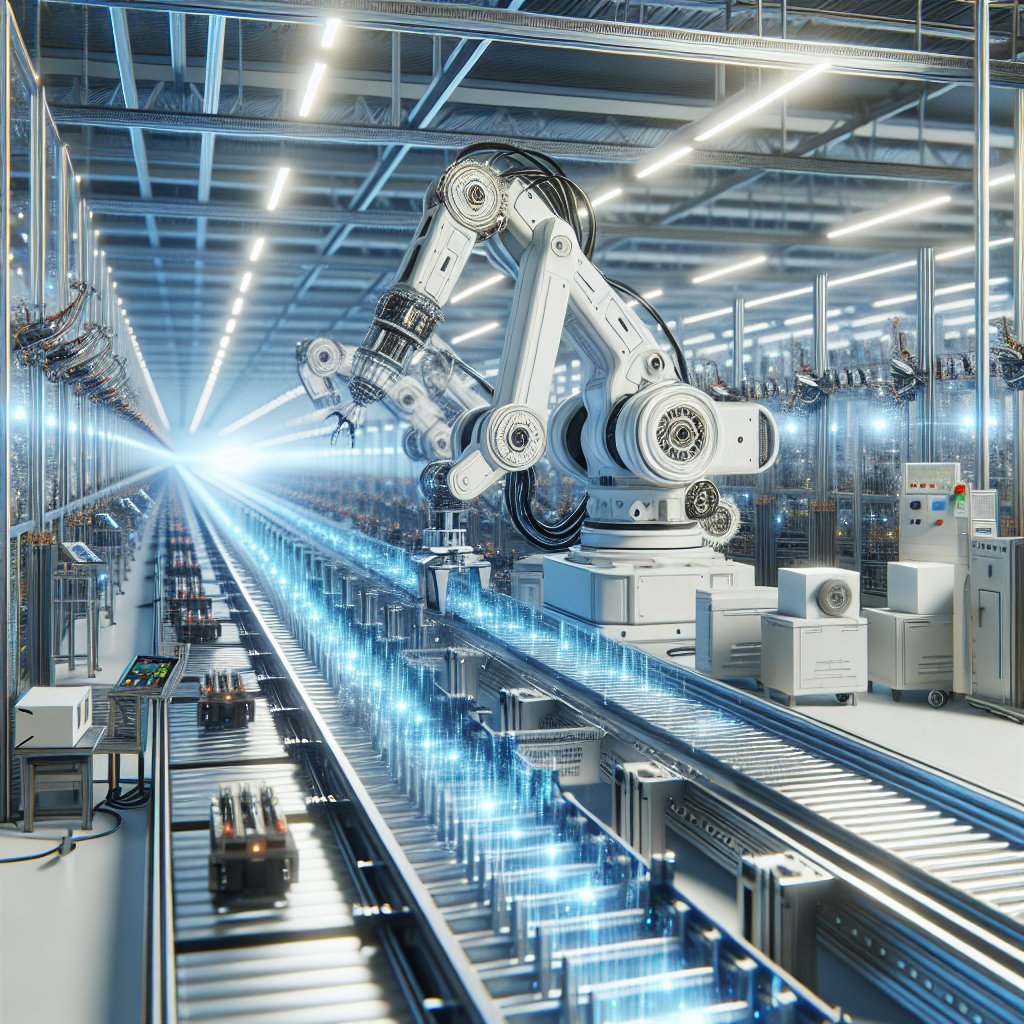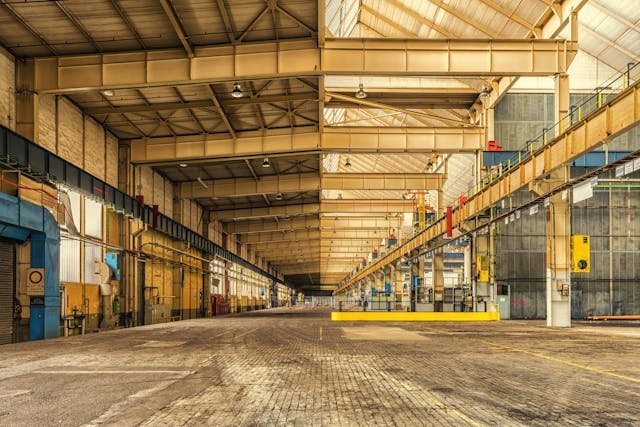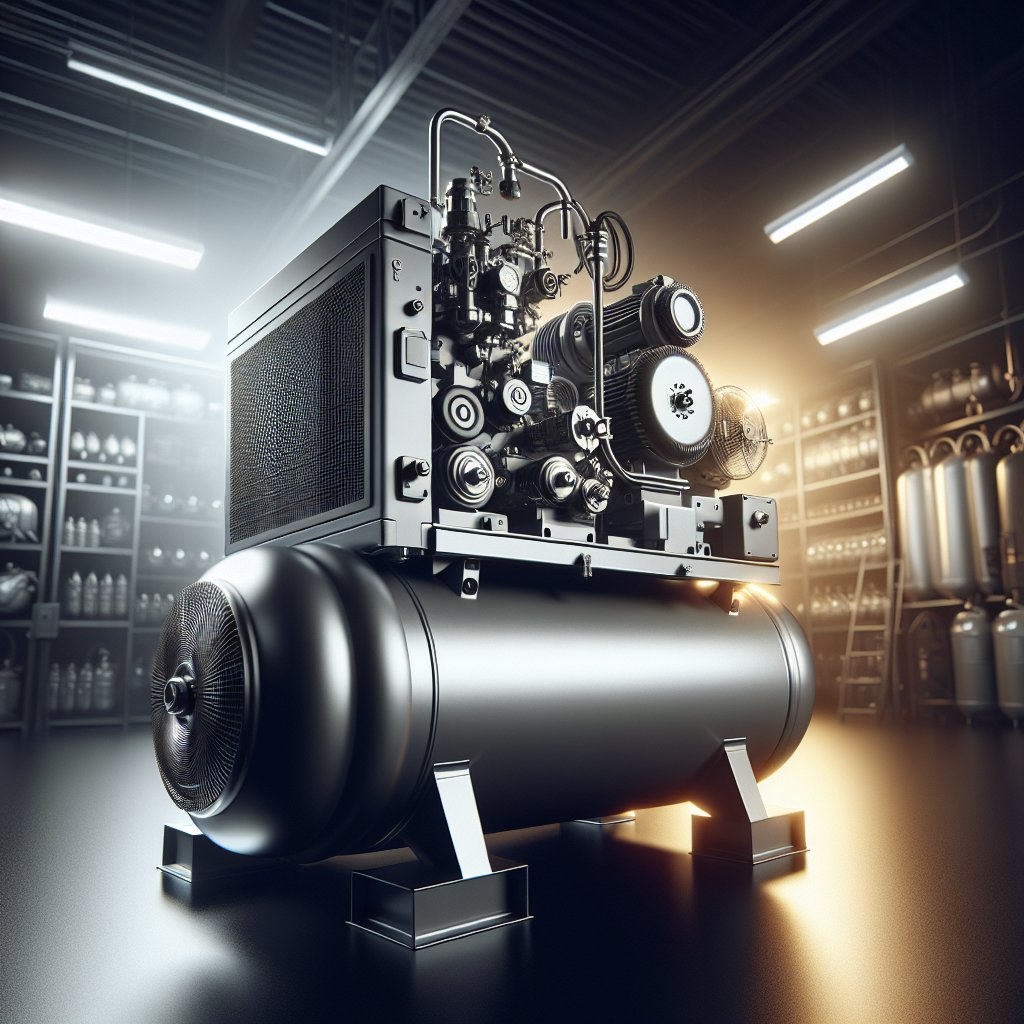
Artificial Intelligence (AI) is revolutionizing the way supply chains operate, offering unprecedented levels of efficiency and accuracy. As businesses strive to meet the demands of a rapidly changing market, AI has emerged as a critical tool in automating and optimizing supply chain processes. This article explores the transformative impact of AI on supply chain automation, examining its benefits, challenges, and future potential.
Understanding AI in Supply Chain Automation
AI in supply chain automation refers to the use of advanced algorithms and machine learning techniques to enhance various aspects of the supply chain. From demand forecasting to inventory management, AI technologies are being integrated into supply chain operations to improve decision-making, reduce costs, and increase overall efficiency.
One of the primary applications of AI in supply chains is predictive analytics. By analyzing historical data and identifying patterns, AI systems can forecast demand with remarkable accuracy. This allows businesses to optimize inventory levels, reduce waste, and ensure that products are available when and where they are needed. Additionally, AI can help identify potential disruptions in the supply chain, enabling companies to take proactive measures to mitigate risks.
Another significant application of AI is in the realm of logistics and transportation. AI-powered systems can optimize delivery routes, taking into account factors such as traffic conditions, weather, and fuel consumption. This not only reduces delivery times but also minimizes costs and environmental impact. Furthermore, AI can enhance warehouse operations by automating tasks such as sorting, packing, and inventory tracking, leading to increased productivity and accuracy.
Benefits of AI in Supply Chain Automation
The integration of AI into supply chain processes offers numerous benefits that can significantly enhance business performance. One of the most notable advantages is improved efficiency. By automating repetitive tasks and optimizing processes, AI allows supply chain professionals to focus on more strategic activities, leading to increased productivity and faster decision-making.
AI also enhances accuracy and reduces errors in supply chain operations. Machine learning algorithms can process vast amounts of data with precision, identifying trends and anomalies that may be missed by human analysts. This leads to more accurate demand forecasts, inventory management, and order fulfillment, ultimately improving customer satisfaction and reducing costs.
Cost reduction is another key benefit of AI in supply chain automation. By optimizing processes and reducing waste, AI can help businesses achieve significant cost savings. For example, AI-powered demand forecasting can minimize overstocking and understocking, reducing inventory holding costs. Similarly, AI-driven route optimization can lower transportation expenses by minimizing fuel consumption and delivery times.
Moreover, AI can enhance supply chain resilience by providing real-time insights and predictive analytics. In an increasingly volatile global market, the ability to anticipate and respond to disruptions is crucial. AI systems can monitor supply chain activities in real-time, identifying potential risks and suggesting corrective actions. This enables businesses to maintain continuity and minimize the impact of unforeseen events.
Challenges and Considerations
Despite its numerous benefits, the implementation of AI in supply chain automation is not without challenges. One of the primary obstacles is the complexity of integrating AI technologies into existing systems. Many businesses operate with legacy systems that may not be compatible with modern AI solutions, requiring significant investment in infrastructure and training.
Data quality and availability are also critical considerations. AI systems rely on large volumes of accurate and up-to-date data to function effectively. However, many organizations struggle with data silos and inconsistencies, which can hinder the performance of AI algorithms. Ensuring data integrity and establishing robust data governance practices are essential for successful AI implementation.
Another challenge is the potential impact on the workforce. As AI automates routine tasks, there is a concern that it may lead to job displacement. However, it is important to recognize that AI can also create new opportunities by enabling employees to focus on higher-value activities. Businesses must invest in reskilling and upskilling their workforce to adapt to the changing landscape.
The Future of AI in Supply Chain Automation
The future of AI in supply chain automation is promising, with continued advancements in technology and increasing adoption across industries. As AI algorithms become more sophisticated, they will be able to handle even more complex tasks, further enhancing supply chain efficiency and resilience.
One area of potential growth is the use of AI in sustainability initiatives. As businesses strive to reduce their environmental impact, AI can play a crucial role in optimizing resource usage and minimizing waste. For example, AI can help design more sustainable packaging solutions, optimize energy consumption in warehouses, and reduce carbon emissions in transportation.
Additionally, the integration of AI with other emerging technologies, such as the Internet of Things (IoT) and blockchain, will further enhance supply chain automation. IoT devices can provide real-time data on the condition and location of goods, while blockchain can ensure transparency and traceability throughout the supply chain. Together, these technologies can create a more connected and efficient supply chain ecosystem.
In conclusion, AI is transforming supply chain automation, offering significant benefits in terms of efficiency, accuracy, and cost reduction. While there are challenges to overcome, the potential of AI to revolutionize supply chain operations is undeniable. As businesses continue to embrace AI technologies, they will be better equipped to navigate the complexities of the modern market and achieve sustainable growth.

